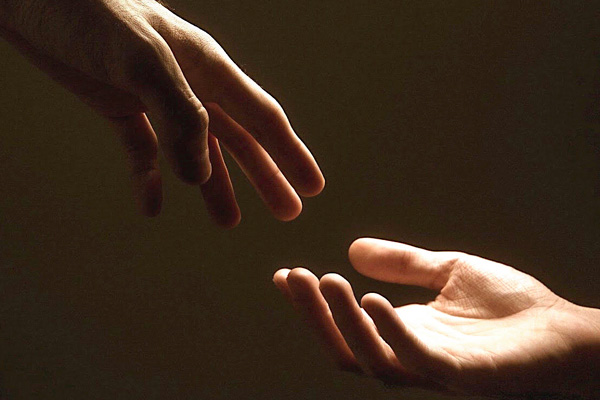Program of difficult options –
August 30, 2020 – Societal judgments create shame when people attempt to receive addiction recovery treatment. DePasquale said that is why some people do not reach out for help sooner.
“People feel ashamed and embarrassed, and it makes the topic not spoken about. Alcoholism isn’t a moral failing,” said DePasquale. “It’s a medically recognized disease, and it takes more than someone saying to get over it.”
When stigmas influence an individual, it creates limitations that make a person question if they are worthy of being helped or if the disease has led them on too far.
Desperately asking what to do, Debbie received no answers. She constantly followed her son around town, did his schoolwork and obsessed over whether she could fix him. Debbie soon realized how powerful addiction was.
Addiction is one of those barriers that limit people from searching for the tools necessary to guide and support them. But through Al-Anon, acceptance and personal recovery are two of the first steps to moving on.
“Recovery is stronger than addiction,” said DePasquale. “We cannot change everything on our own, but we can accept the flaws that represent the struggles of someone we know faces.”
Being deeply engaged in a stressful situation can be a challenge to break away from, but Debbie learned to do just that.
“I’ve learned to practice compassion and learn how to lovingly detach from trying to control the management of someone else’s disease,” said DePasquale.



